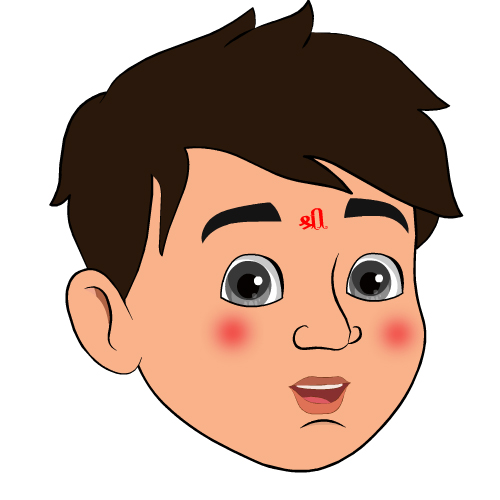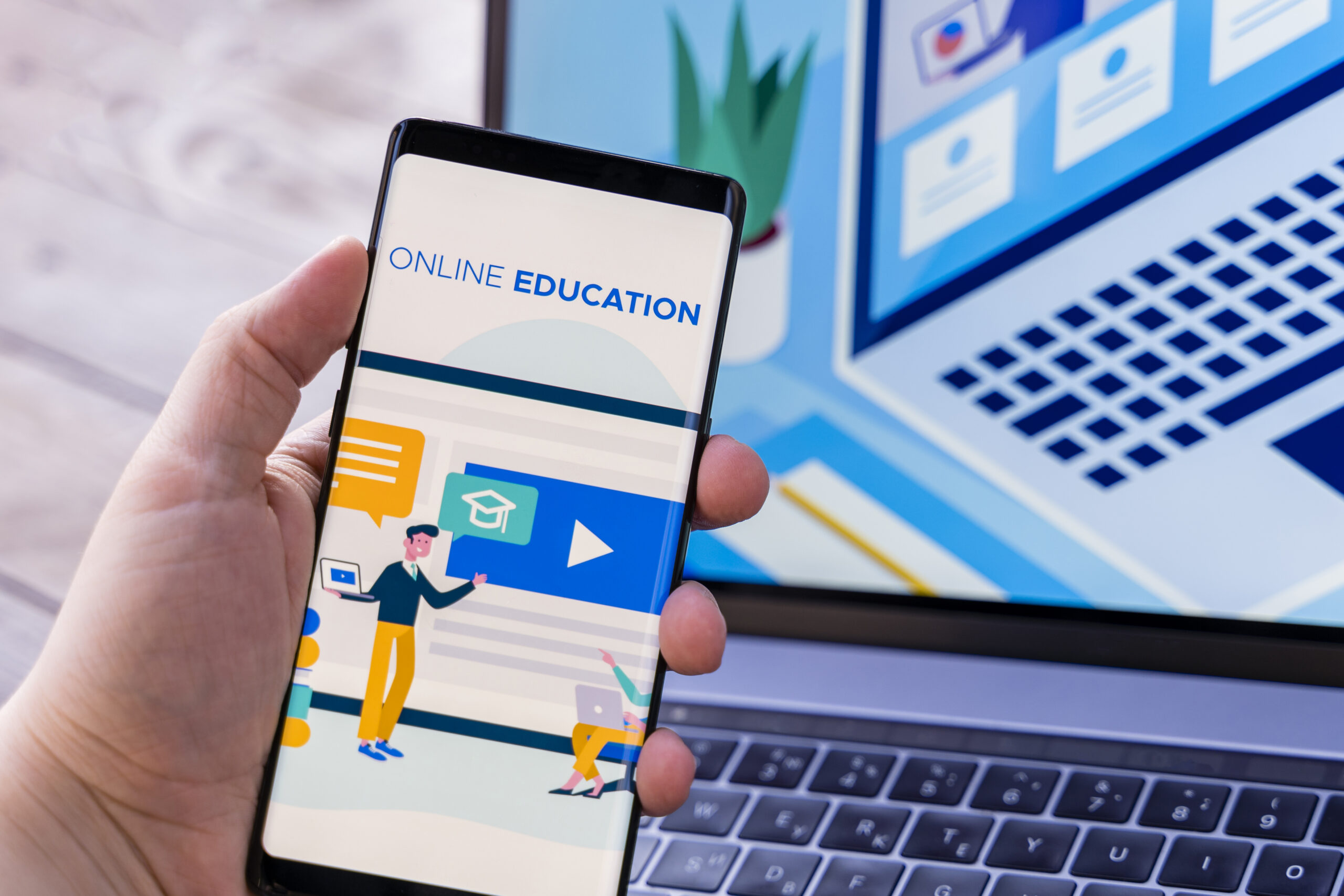Technology has transformed the way children learn, making education more engaging, interactive, and accessible. In 2024, a wide range of educational apps is helping kids build skills in math, science, language, creativity, and more. This blog explores the best educational apps for kids, categorized by learning areas to make it easy for parents to choose the right ones.
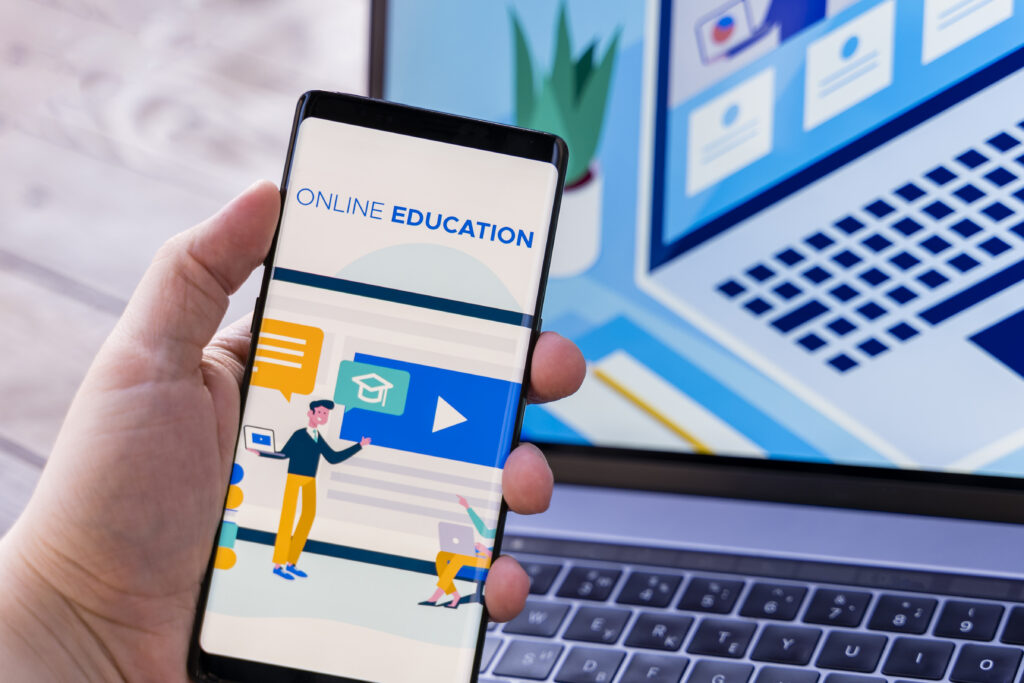
Table of Contents
1. Why Educational Apps Are Important for Kids
Educational apps are more than just tools for teaching—they’re designed to enhance curiosity and encourage self-paced learning. Here’s why they matter:
- Interactive Learning: They keep children engaged through gamified lessons.
- Personalized Approach: Many apps adapt to a child’s learning speed.
- Convenient Access: Learning anytime, anywhere.
- Skill Development: Apps focus on creativity, problem-solving, and critical thinking.
2. Top Educational Apps for Kids in 2024
A. Best Apps for Early Learners (Ages 3–6)
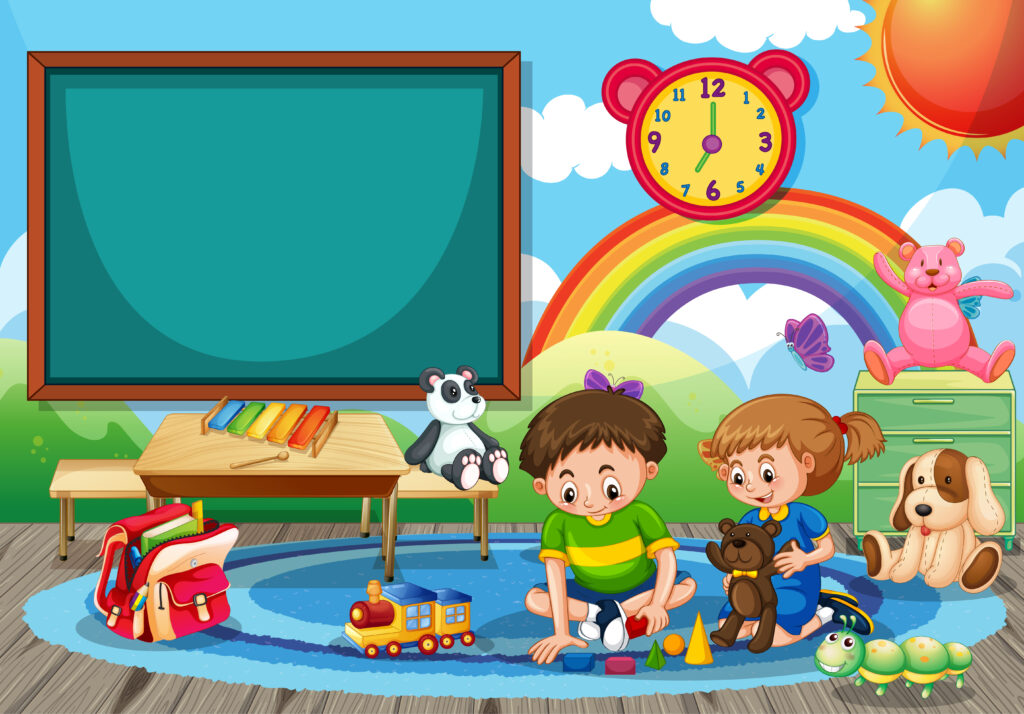
- Khan Academy Kids
- Features: Free app with engaging lessons on reading, math, and creativity.
- Why It’s Great: Offers interactive videos, games, and quizzes tailored to young learners.
- Highlight: Includes playful characters to guide kids through lessons.
- Endless Alphabet
- Features: Helps kids build vocabulary with animated puzzles and phonics.
- Why It’s Great: Ideal for preschoolers learning to read and spell.
- ABCmouse
- Features: Covers a wide range of subjects like reading, math, and art.
- Why It’s Great: Provides a structured curriculum for early learning.
- Subscription: Paid, but worth it for its vast content library.
B. Best Math Learning Apps
- Prodigy Math
- Features: Combines math practice with role-playing games.
- Why It’s Great: Kids solve math problems to advance in a fantasy world.
- Target Age: 6–12 years.
- DragonBox Series
- Features: Teaches algebra, geometry, and logic in a fun way.
- Why It’s Great: Simplifies complex math concepts through visuals.
- Moose Math
- Features: Offers fun activities like counting, addition, and sorting.
- Why It’s Great: Perfect for building foundational math skills for kids under 8.
C. Best Science and STEM Apps

- Tynker
- Features: Teaches coding through games, puzzles, and interactive tutorials.
- Why It’s Great: Kids learn to create animations, games, and apps.
- BrainPOP Jr.
- Features: Engaging videos and quizzes on science, history, and more.
- Why It’s Great: Covers STEM topics in an easy-to-understand format.
- NASA Kids’ Club
- Features: Fun space-themed games and activities.
- Why It’s Great: Encourages curiosity about space and science.
D. Language Learning Apps
- Duolingo Kids
- Features: Introduces kids to new languages like Spanish, French, and German.
- Why It’s Great: Bite-sized lessons with gamified challenges.
- Lingokids
- Features: Focuses on English vocabulary and grammar through interactive games.
- Why It’s Great: Great for non-native English speakers or kids wanting to improve their language skills.
- Monkey Stories
- Features: Offers animated stories to improve reading and listening skills.
- Why It’s Great: Makes language learning fun through storytelling.
E. Creativity and Art Apps
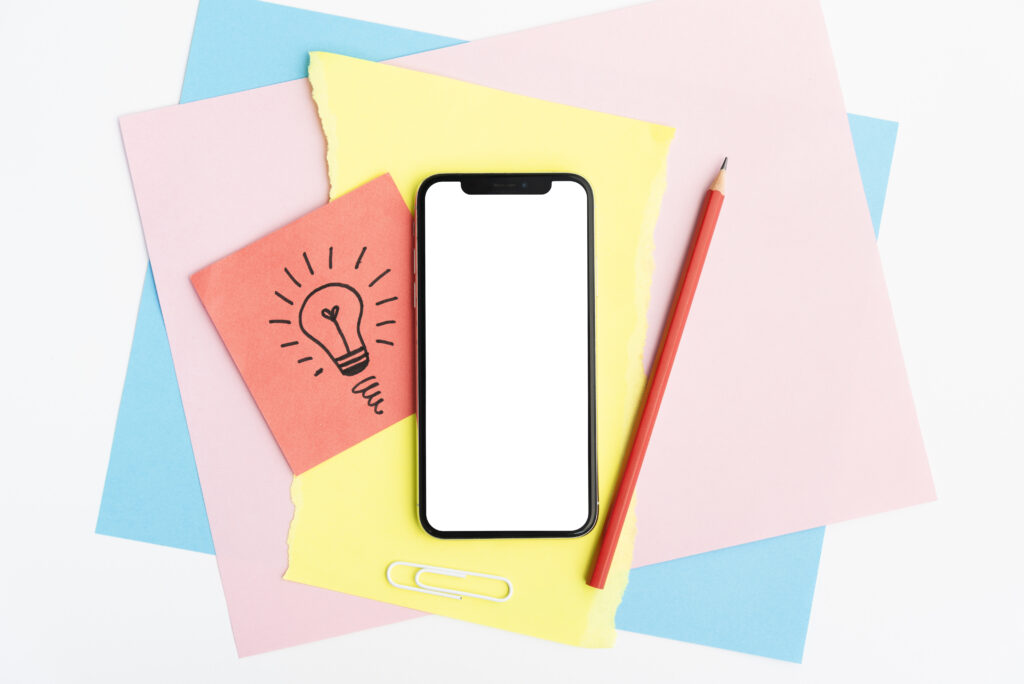
- Drawing Desk
- Features: A drawing and painting app for unleashing creativity.
- Why It’s Great: Offers tools for sketching, coloring, and doodling.
- Toontastic 3D
- Features: Helps kids create animated stories and characters.
- Why It’s Great: Encourages storytelling and creative thinking.
- GarageBand (iOS)
- Features: Introduces kids to music composition and instruments.
- Why It’s Great: Simple interface to create songs and experiment with sounds.
3. How to Choose the Right Educational App
Not every app suits every child. Here are tips to choose the best one:
- Age Appropriateness: Check if the app is designed for your child’s age.
- Content Quality: Ensure the lessons are accurate and well-designed.
- Interactivity: Apps should encourage participation, not just passive watching.
- Parental Control: Look for apps with progress tracking and safe usage features.
- Trial Versions: Many apps offer free trials; test them before subscribing.
4. Benefits of Using Educational Apps
Here are key advantages for kids:
- Boosts Confidence: Solving problems and earning rewards motivates kids.
- Improves Focus: Engaging activities keep kids interested in learning.
- Encourages Self-Learning: Kids can explore and learn at their own pace.
5. Balancing Screen Time
While educational apps are beneficial, excessive screen time isn’t. Here’s how to balance:
- Set Time Limits: Use apps for 1–2 hours daily.
- Encourage Offline Activities: Combine app usage with books and outdoor play.
- Monitor Usage: Regularly check what apps your child is using.
6. Conclusion
Educational apps in 2024 are revolutionizing how kids learn, offering a balance of fun and knowledge. Whether it’s learning a new language, solving math puzzles, or exploring science, these apps make education exciting and accessible.
By choosing the right apps, parents can ensure their children develop essential skills while enjoying the process. Remember, education is most impactful when it’s both engaging and enjoyable!
